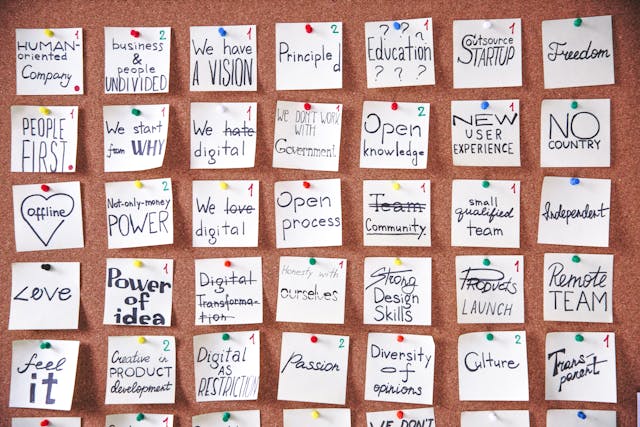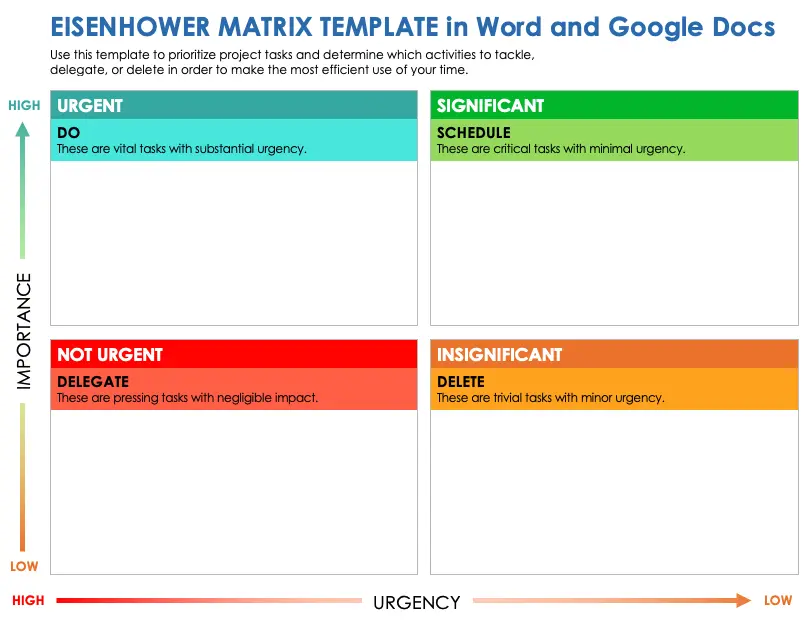8 High-Paying Crime and Justice Jobs – No Degree!
If you’re under the impression that crime doesn’t pay, think again. Crime and justice jobs are some of the highest-paying careers, and many don’t require a university degree. In this blog, we explore average salaries and pathways to employment for eight lucrative crime and justice jobs.
1. Police Officer
If serving your community, upholding law and order, responding to incidents, and preventing crime sounds like a worthy career, you should consider becoming a Police Officer.
Salary
The average salary for a Police Officer is AU$85,438 per year (AU$1,643 per week), which is AU$15,550 (+22%) higher than the national average salary in Australia.
Pathway
No formal degree is required to become a Police Officer. Instead, completing police academy training, which tests physical fitness and aptitude, is crucial to securing a position.
2. Private Investigator
Private investigators conduct legal, financial, or personal investigations for private clients. They may deal with character inquiries, relationship breakdowns, unfair dismissal cases, missing persons, and insurance claims.
Salary
Earnings can range from $85,000 to $105,000, depending on case volume and reputation.
Pathway
Obtain a private investigator licence through state-based training programs and accreditation.
3. Security Consultant
Security consultants are crucial for assessing and improving security measures for organisations and individuals. They conduct detailed evaluations of existing protocols, identify vulnerabilities, and develop tailored strategies to enhance safety.
Salary
The average salary of a security consultant in Australia is $122,287 per year, depending on experience and specialisation.
Pathway
Security consultants can be self-taught. It is possible to start with an entry-level position in IT or work as a security guard. From there, gaining certifications in risk assessment and security management can help you advance to more senior roles over time. Our Certificate of Security Management is ideal professional development for a career in security.
4. Customs and Border Protection Officer
Protect Australia’s borders by employing comprehensive strategies to regulate and monitor the movement of goods and people. This includes strengthening customs and immigration protocols, utilising advanced technology for surveillance, and promoting international cooperation to ensure safety and compliance.
Salary
Base salaries for Customs and Border Force Officers range from $55,000 to $75,000, and overtime and allowances increase earnings further.
Pathway
The Australian Border Force provides training via its BFORT program. No degree is required, but background checks and physical fitness testing apply.
5. Corrections Officer
Supervise inmates by monitoring their daily activities and behaviour while ensuring their safety and compliance with facility regulations. Corrections Officers also assist in rehabilitation by facilitating programs and resources that promote personal development, education, and skill-building for inmates in correctional facilities.
Salary
The average base salary for a Corrections Officer is $77,933 – 90,000+, with opportunities for overtime and promotion to senior and management roles.
Pathway
You can become a Correctional Officer without formal qualifications, but some employers may prefer them. The application process differs by state, so check with your local justice department for details.

Cybersecurity technicians
6. Cybersecurity Technician
Assist in preventing and investigating cybercrime by providing specialised technical support. This role often includes analysing cyber threats, monitoring systems for suspicious activity, and collaborating with law enforcement and security teams to address incidents effectively. This crime and justice job is critical to safeguarding digital environments and maintaining cybersecurity in Australia.
Salary
The average base pay for a Cybersecurity Technician is $91,000 per year ($75,000–$117,000+).
Pathway
A higher education degree is not required; however, certifications such as CompTIA Security+ and on-the-job training are helpful requirements for a Cybersecurity Technician. Our Introduction to Cyber Security is ideal professional development for those wanting to explore a career in cyber security.
7. Surveillance Operator
Surveillance Operators carefully observe and monitor the surroundings for any unusual or suspicious activities that may pose a security risk. Report such findings to the appropriate authorities or security personnel to ensure a swift response and maintain safety in various environments, including public spaces, workplaces, and residential areas.
Salary
The average annual salary is $85,000 to $105,000.
Pathway
Gaining certification in surveillance and monitoring techniques and experience in security roles is an ideal pathway to gaining employment as a Surveillance Operator.
8. Youth Justice Worker
Youth Justice Workers support and guide young people, focusing on providing important resources such as counselling, health care, and educational opportunities. These professionals empower young people to make better choices, develop essential life skills, and successfully navigate their rehabilitation and reintegration process.
Salary
The average annual salary for a Youth Justice Worker is $75,000 to $85,000.
Pathway
No university degree is required to become a Youth Justice Worker; however, training programs or certifications in youth justice studies are preferred. Our Certificate of Youth Work and Justice is ideal professional development if you’re considering a career in youth justice work.
If any crime and justice jobs appeal to you, we hope you find the training and certifications to help you find your new direction. After all, contributing to the safety and well-being of Australian communities is a highly rewarding career.
If you have any questions about our professional development opportunities, contact one of our friendly Course Consultants today at 1300 76 2221 or via Live Chat for advice and support.














